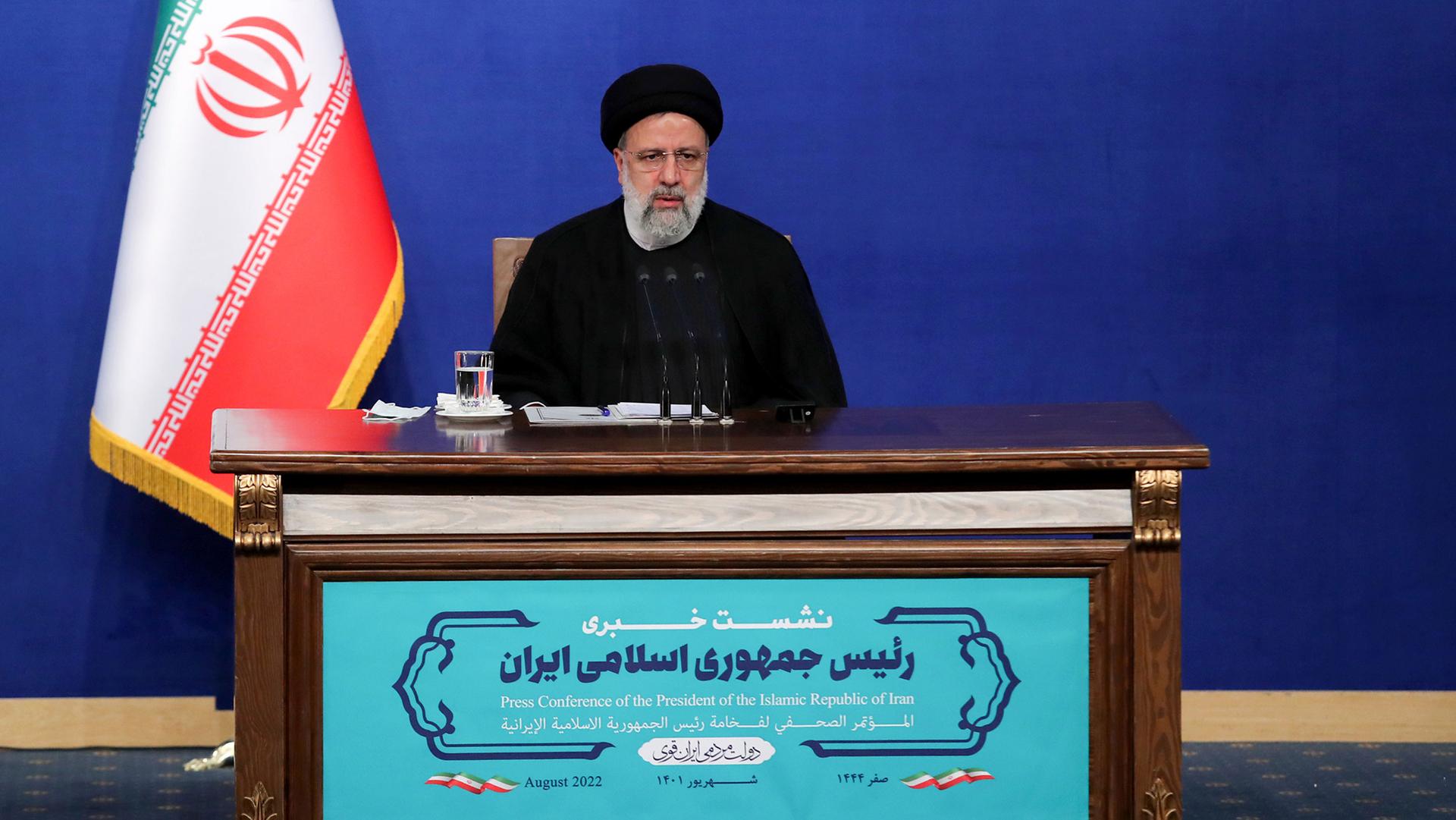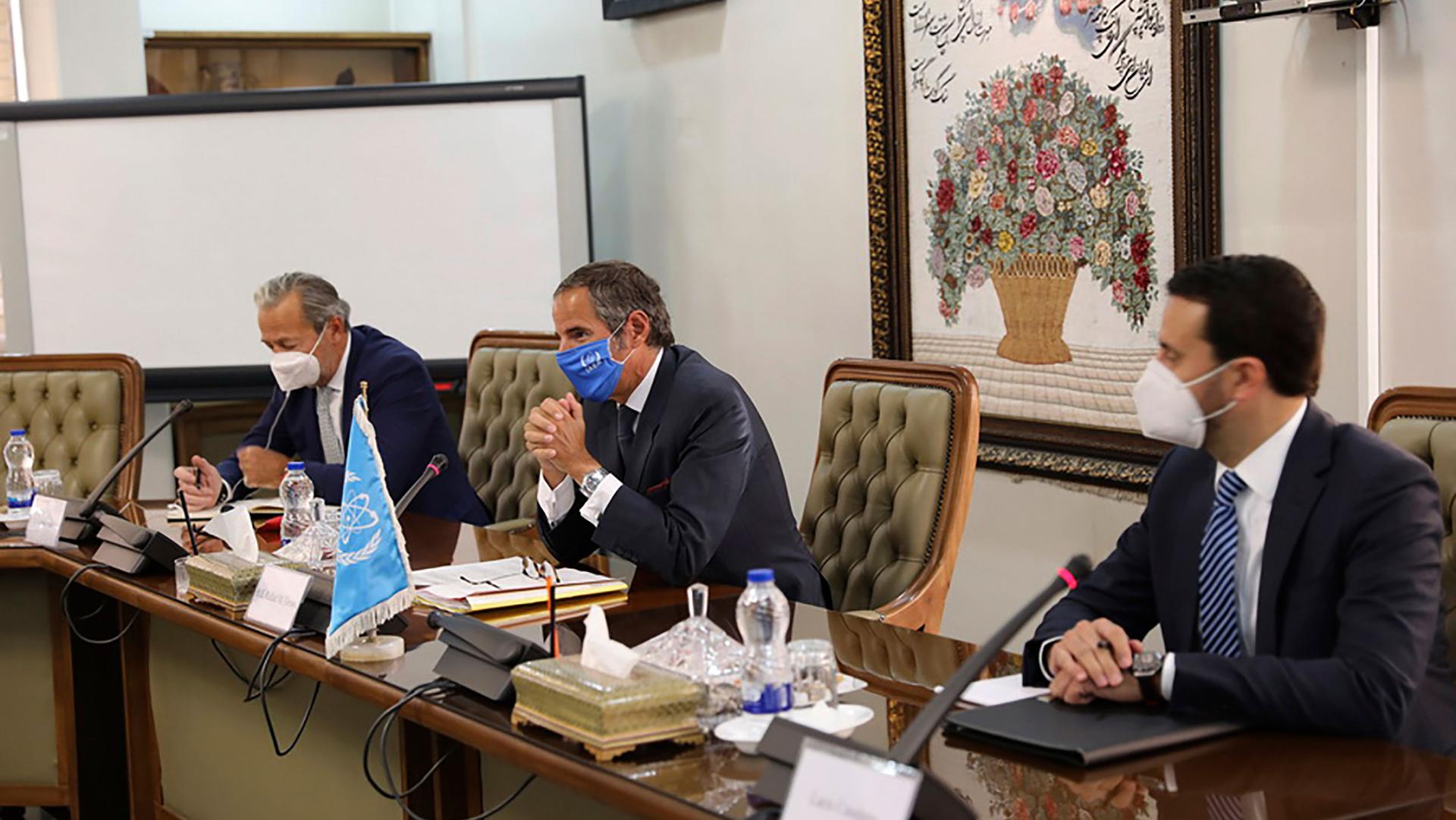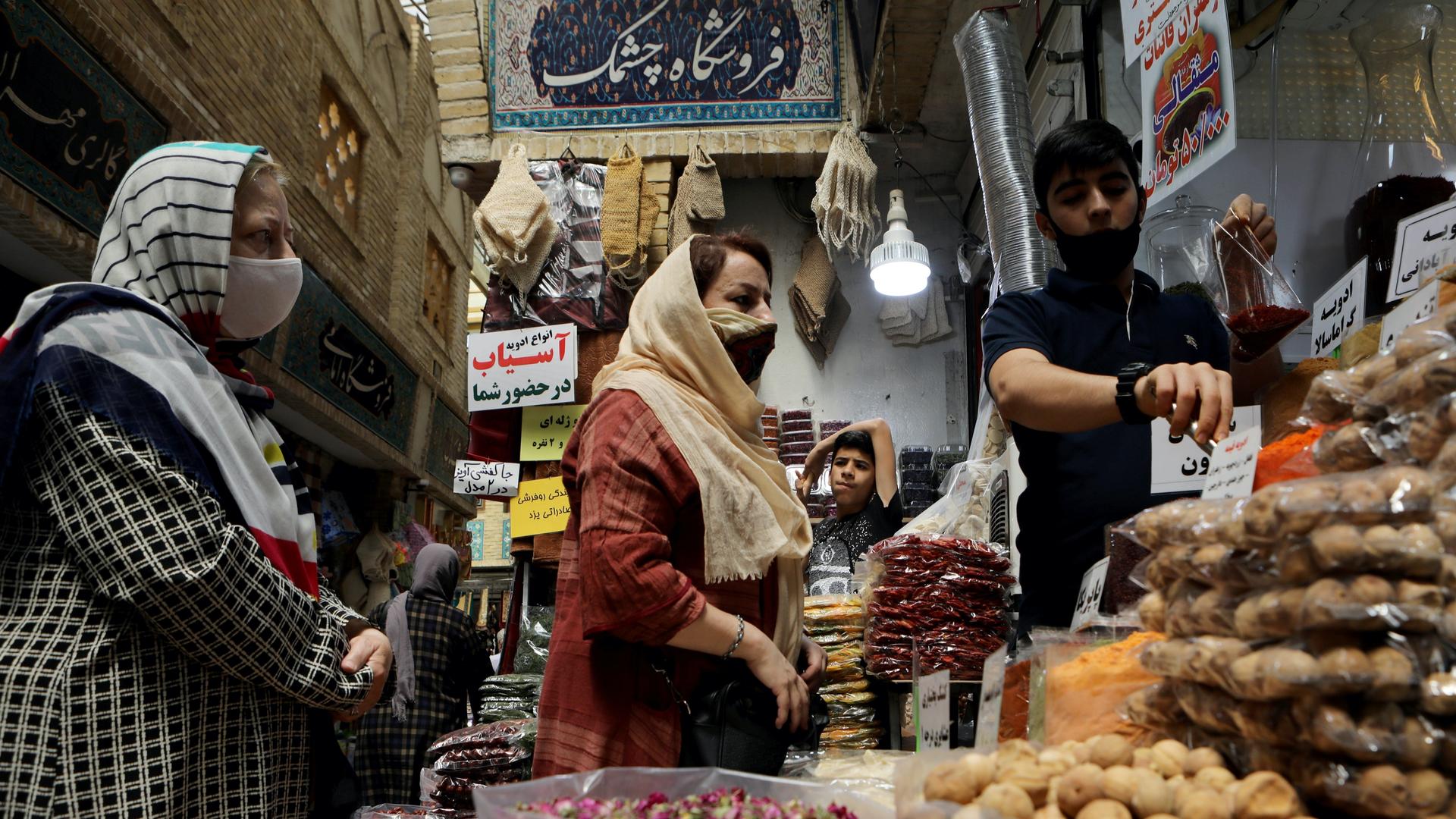Joint Comprehensive Plan of Action
No contradiction in supporting protesters while pursuing nuclear deal with Iran, US special envoy says
Robert Malley, the US special envoy for Iran, joined The World’s host Marco Werman from Washington to discuss how the Biden administration views the current protests and what this could all mean for efforts to secure a nuclear deal with Iran.
We want to hear your feedback so we can keep improving our website, theworld.org. Please fill out this quick survey and let us know your thoughts (your answers will be anonymous). Thanks for your time!
Trump wants NATO more involved in the Middle East. What does Europe want?
US President Donald Trump said he wants NATO to be more involved in the Middle East and made appeals to Europe in his Wednesday address on Iranian strikes against US troops in Iraq, carried out in retaliation for a US drone strike that killed Iranian Maj. Gen. Qasem Soleimani. The World’s Marco Werman spoke with Fabrice Pothier, a French diplomat who served as head of policy planning for two NATO secretary generals.
Things That Go Boom: Are sanctions on Iran spurring economic resilience?
Sanctions on Iran have squeezed the economy since the 1970s, and since US President Donald Trump pulled out of the nuclear deal, they have been ratcheting up. Some Iranians are ready to cut and run but others are waiting out the economic storm.
Things That Go Boom: Is America’s foreign policy for sale?
Think tanks with nonprofit status aren’t required to say much of anything when it comes to the source of their funding — whether it be billionaires or foreign governments. That can become a problem when such organizations significantly influence foreign policy — such as the Iran nuclear deal — without disclosing to whom they are financially beholden.
Ayatollah Khamenei says nuclear weapons are ‘forbidden under Islamic law’
During tensions with the United States over Iran’s nuclear ambitions, Ayatollah Khamenei has come out and declared a fatwa over the use of nuclear weapons. But what does this really mean for Iran and the recent nuclear deal? The World’s host Marco Werman speaks with Omid Safi, a professor of Iranian studies at Duke University and the director of the Duke Islamic Studies Center, to find out.
Subscribe to The World’s Latest Edition podcast for free using your favorite podcast player:


